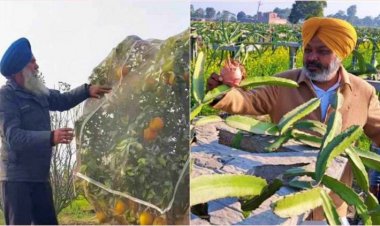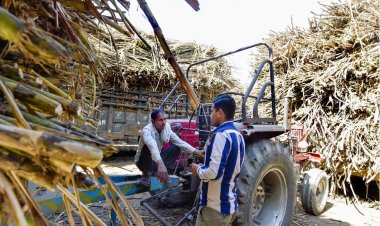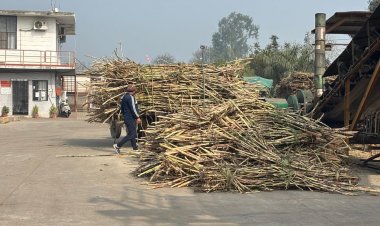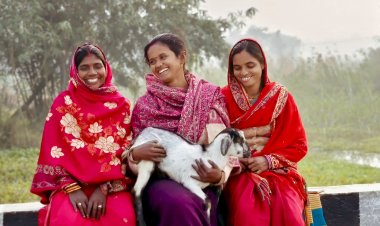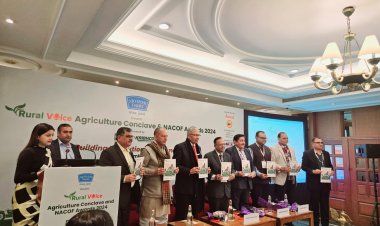Deoghar Peda goes global, targets GI tag
The famous sweet made of khoya and jaggery has now gone global with the first international consignment of the famed peda shipped out of Deoghar. Peda has met all the required parameters in various quality tests, and the first international consignment of 32 kg of the sweet was exported on October 20 to Bahrain via Kolkata.
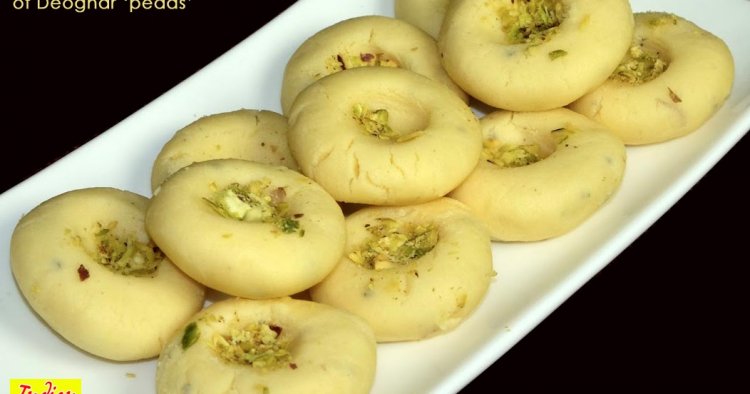
The pilgrim town of Deoghar in Jharkhand in eastern India is famous for two reasons — the Jyotirlinga of Lord Shiva, the serpent God of the Hindus, and peda, a tasty sweet made of milk and sugar that is considered as mahaprasad or a sacred offering to God that often seems to overtake religious fervour.
The temple, also known as Baba Baidyanath Dham (an abode of the Lord), is one of the twelve Jyotirlingas — the most sacred abodes of Shiva.
The famous sweet made of khoya and jaggery has now gone global with the first international consignment of the famed peda shipped out of Deoghar.
Vinita Sudhansu, the deputy general manager of the Government of India’s agri-export promotion body — Agricultural and Processed Food Products Export Development Authority (APEDA) — described it as a proud moment for the people of Deoghar that Baidyanath Dham pedas are now available globally.
Peda has met all the required parameters in various quality tests, and the first international consignment of 32 kg of the sweet was exported on October 20 to Bahrain via Kolkata. Deoghar Deputy Commissioner Manjunath Bhajantri said he had sent a sample of 2kg peda to Bahrain through the Jharkhand Co-operative Milk Federation in May.
The famous and delicious peda is earning accolades in far-off Gulf countries with Bahrain and Kuwait going crazy over it. The sweetmeat has now been given a licence to sell in the international market. It is also eying the Geographical Indication (GI) tag and it is likely that its unique identity will be recognized soon.
Peda remains safe for consumption for 10 to 12 days even without refrigeration. The most interesting thing is that it is not offered as prasad to Lord Shiva, but the devotees returning from Deoghar carry peda in the form of prasad. Actually, Lord Shiva is offered water from the Ganga which is mixed in peda and that is why it is considered mahaprasad.
Bhajantri said the district administration was working to promote all 'Made-in-Baidyanath Dham' products in the international market. Medha Dairy of the Jharkhand Co-operative Milk Federation was issued the licence for selling pedas in the international market, he said.
Bhajantri said various stakeholders, including District Industry Centre, APEDA and Medha Diary, worked in tandem for the commercial shipment of pedas. Special focus was given on meeting quality parameters, packaging specifications and logistics.
Peda will now become more sought after by tourists. Even after the Shravani fair, devotees and tourists from all over the country and abroad come here and due to this, the current annual business of peda is about Rs 125 crore. Along with religious tourism, peda has given Deoghar global recognition. It is also a major base of the economy of the suburbs like Basukinath, Jasidih and Ghoramara including Deoghar Nagar.
According to the documentation prepared about Deoghar peda, its history is of 120 years. There are more than 400 peda shops in Babadham. The Ghoramara peda is the most famous on the way to Basukinath, some 20-22 km from Deoghar.
The locals of Deoghar say that there is a hundred-year-old peda shop of Sukhadi Mandal, who initially used to sell tea and pedas. But when his shop became famous, some more shops opened in this name.
(Subhashis Mittra is a New Delhi-based senior journalist, freelance writer and public policy analyst.)



 Join the RuralVoice whatsapp group
Join the RuralVoice whatsapp group

















